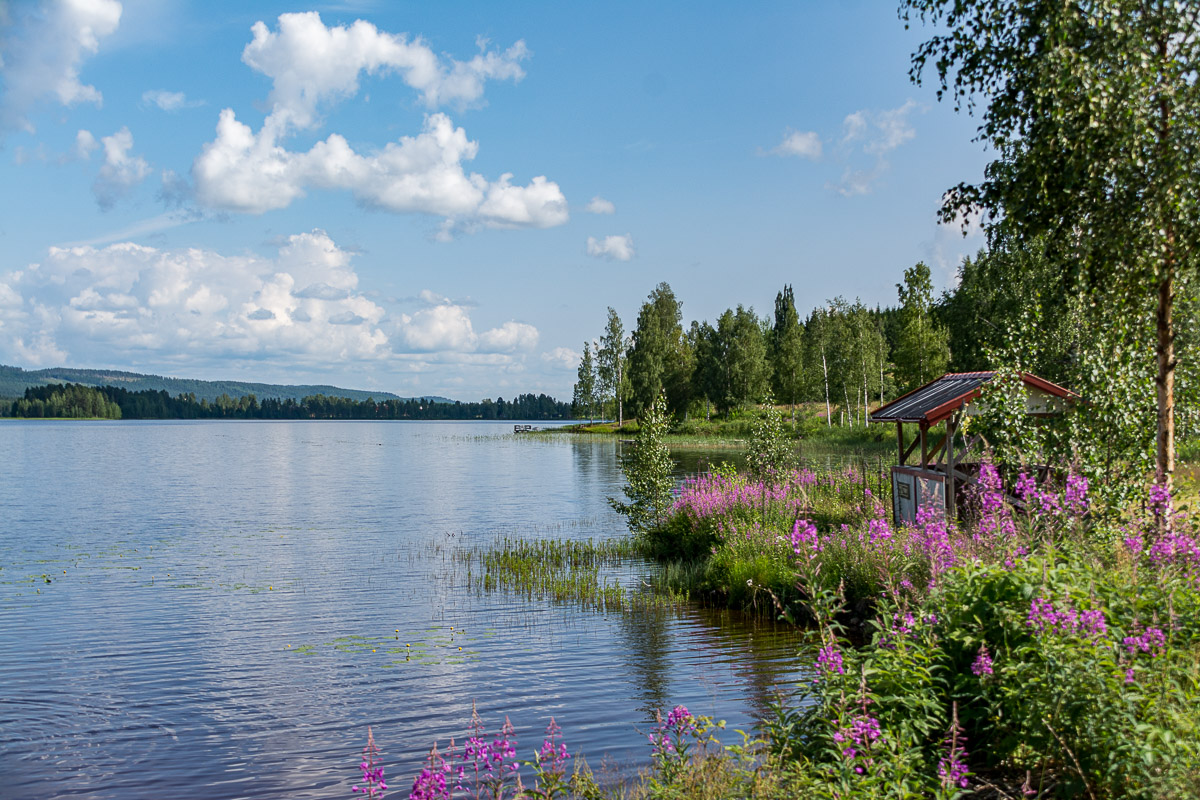Zi Ran – The Natural Martial Art
The term Zi Ran can’t really be understood as a combat style, rather more like a guideline and the key principle for this style of martial arts. In Chinese, Zi Ran means literary “by itself” or naturally (Ran) self (Zi). It indicates the natural origin of all things, a pure and clear mind and is the basis of everything we practice. Zi Rán Wŭ Yì Kūng Fū is the subtle art that unites the mind with the technique….
Zi Ran – The natural self
How does one define the Chinese word Zì Rán (natural or original self)? It is easy to say but difficult to explain. We are often strongly influenced by our objective perception and the human mind has the habit to value and judge by forms and notions. Objects differ from subjects by being measureable and comparable whereas subjects cannot be measured nor compared.
Ask yourself: are you aware of the fact that there is an unlimited space and untouchable stillness that surrounds and permeates you at this very moment or that your true self is transcendental bliss? (transcendence from the Latin word transcendere means exceed or go beyond)
In the old scriptures of India, they say “neti neti” a Sanskrit expression for “not this and not that”. It doesn’t matter what we say about the true self, it wouldn’t be right. We can only say what it isn’t.
When we look in a mirror, we actually never see the mirror. What we see is the image that the mirror reflects back to us. We can only see the reflection in the mirror, not the mirror itself.
Another likeness is the sun. When we look at the sun, we don’t really see the sun, rather we see the light that comes from the sun.
Likewise, we can never see the self, but we can “be” the self that we already are. To know the self we mustn’t do anything it is realized in the “not doing”. It is to be recognized and perceived in the experience of pure beingness.
Ironically, it is exactly that which makes it so difficult to perceive. When we drink a glass of flavoured water, we do not taste the water anymore, although it penetrates all. This is because it is covered by the flavour and likewise the self is covered by character and notions. The self is the source of our life, and as the sun radiates energy, light and warmth, the self-radiates liveliness, light and bliss.
Universal
Although our martial arts has a Chinese name, I don’t want it to be viewed as a Chinese martial art. Just like water is everywhere water, the nature is everywhere nature. The nature is universal and doesn’t refer to any name, nation or race. When a sword sticks in our stomach, it doesn’t really matter if it is a Russian or a Chinese sword. It is just a sword and it probably feels very unpleasant!
Our martial art goes beyond the boundaries of nations, it is formed by the nature and emerges from the inner self.
Styles of combat
Martial arts exist all over the world. There are probably more styles then there are languages so we can get inspired from everywhere. Even if I have learned more than 10 different styles of combat, I really don’t recommend learning as many styles of combat as possible. It doesn’t make much sense, rather learn one well and ad more to it with the time. Finally, the effectiveness is not so much in the style, but in the human, himself. Or you may learn from me Zi Ran Wu Yi Kung Fu right from the beginning.
No style of combat as style of combat – the natural martial art
The intent of Zì Rán Wu Yi Kung Fu is the naturalness. I have chosen the principles of Zì Rán, because it is direct applicable. The principles from Zì Rán give us complete liberty to express ourselves and to develop the art. Nature itself is our ideal, teacher and measure at the same time. Maybe if we see martial arts as a language such as a body language we could understand it better. When, for example, songs are sung in two different languages with the same signification at the same time – for example in an Asian and in a European language – there would be a lot of confusion. But if we take the Asian and the European instruments, then they will harmonise wonderfully with each other, because musical instruments are more formless than a spoken language. If the meaning of a language reaches the mind, the sound and the melody from an instrument reaches the heart. The mind needs time to evaluate, compare and understand, it can never be in the moment.
The mind believes, but the heart knows.
The heart feels and lives always in the immediate presence.
When two ice blocks hit each other, they remain as two separated ice blocks. If the same thing happens with two amounts of water (for example two drops) they immediately flow together and gets completely mingled.
Language is in this comparison the fixed form and the music is the flowing. A style is a recognized form, which can be different from other forms (styles). As a fix form is a fix system, it doesn’t mingle well with other forms. The principle of Zì Rán though is to be like water; without form but not without character. Zì Rán unites all techniques like the water. Zì Rán is the naturalness and is the base of all forms.
Zì Rán Wŭ Yì Kūng Fū is not to be seen as a combination of different styles of combat nor as a competitive sport or fitness training, but as a martial art that includes the essential. The key to Zì Rán is in the consciousness of oneself, in the here and now.
It is to harmonize the Technical and mechanical with naturalness.


Follow us